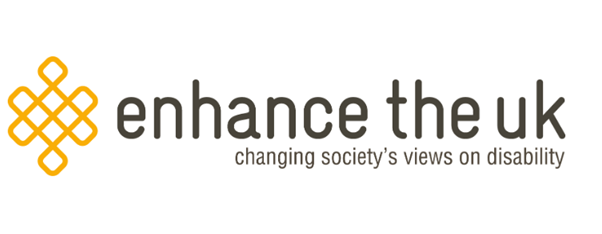
Domestic abuse and sexual violence can take many different forms, and this can make it hard to spot the signs.
Anyone can experience physical, emotional or sexual abuse. But research shows that disabled people may be more at risk of experiencing violence, bullying or controlling behaviour.
The Office for National Statistics (ONS) estimated that in the three years ending March 2018, 3.7% of disabled adults aged 16 to 59 years reported experiencing any sexual assault in the last year in England and Wales, compared with 1.9% of non-disabled adults.
In the same time period, disabled women were almost twice as likely to have experienced a sexual assault in the last year, at 5.7% compared to 3.0% for non-disabled women.
Neurodiversity and Sexual Violence
Neurodiverse people also have higher risks of experiencing sexual violence. This may be a result of difficulty negotiating social cues, a strong desire to be accepted, or not understanding consent.
A study reported that 70% of adults with autism spectrum conditions (ASC) reported experiencing some forms of sexual victimisation after they turned 14 and into adulthood, compared to 45% of adults without ASC.
Yet despite all this, there is a lack of awareness around the impact of sexual violence on disabled people. The abuse may happen through a relationship or it could be inflicted by a person who a disabled person relies on for care or assistance.
Education, Consent & Reporting Abuse
Due to a lack of healthy sex education, sometimes people may not understand that they are experiencing sexual violence. Abusers may use threats, cohesion or gaslighting, which can make situations more confusing.
Understanding the role of consent is vital, although some disabilities can make it difficult to communicate feeling uncomfortable, or to withdraw consent.
It can also be much harder for disabled people to report abuse. They may face challenges in accessing services to make a report, or their abuser may remove communication tools they need to be able to get help.
It can be difficult to know where you can go to access help or report a sexual violence crime. There is also less awareness around where to find support groups or networks.
Enhance the UK aims to highlight this issue and raise awareness of where people can go to access help and the impact of sexual violence on disabled people.
Learn More About Enhance the UK’s Campaign
- Visit the Enhance the UK homepage.
- Love Lounge—free advice on all things sex, love and disability.
- Undressing Disability Hub—Information, education, resources and networking within the world of disability and sexuality.
- Follow Embrace the UK on Twitter, Facebook and Instagram.
